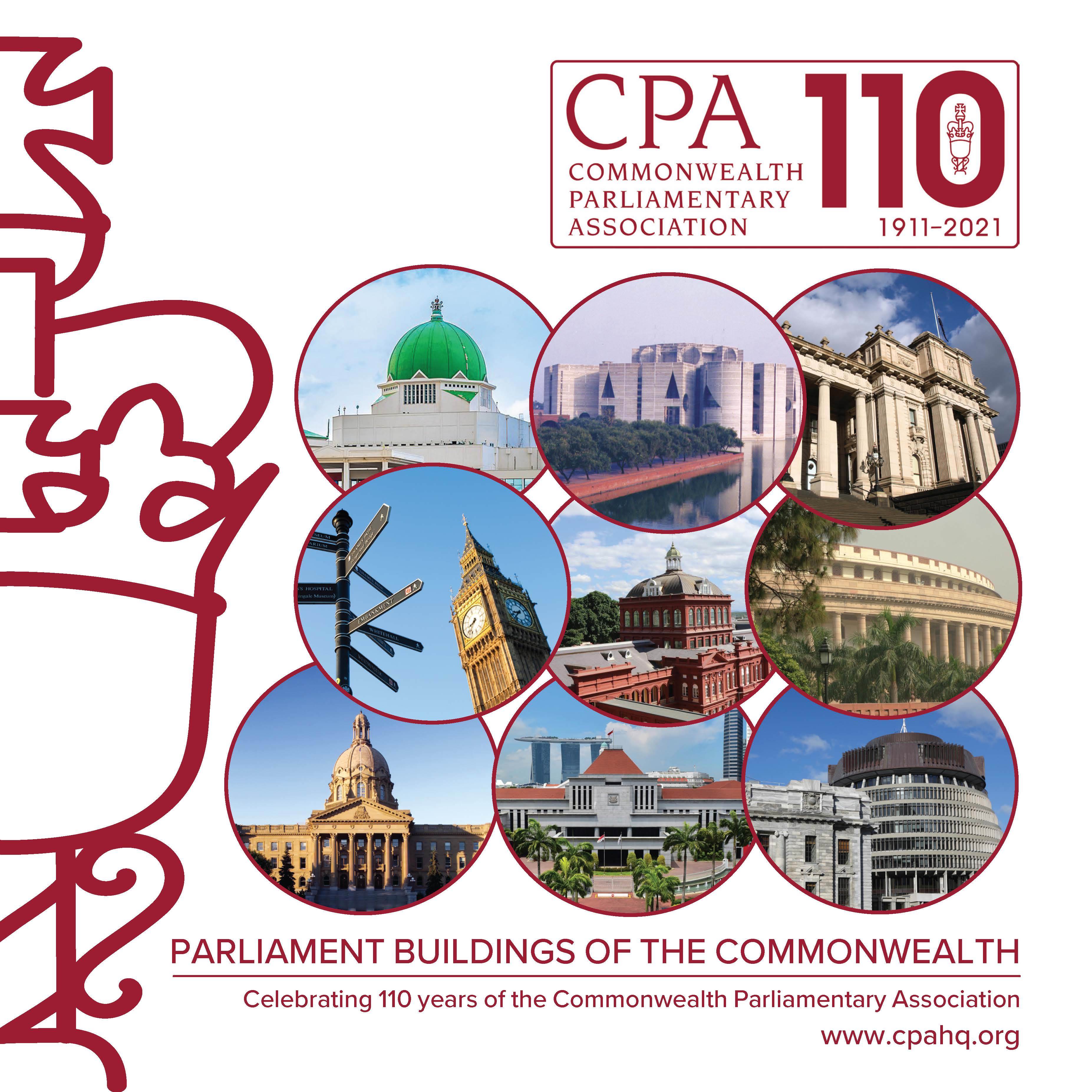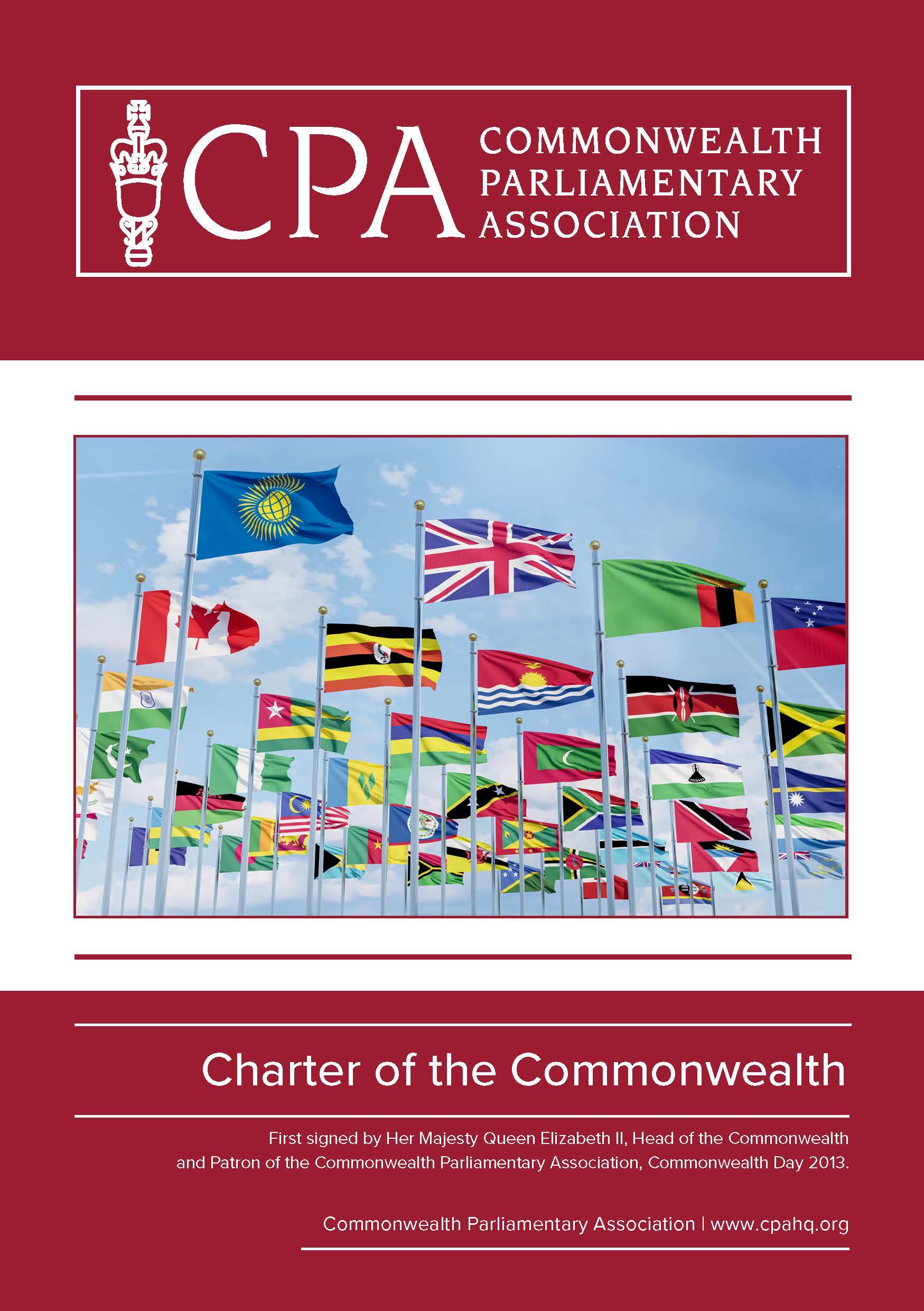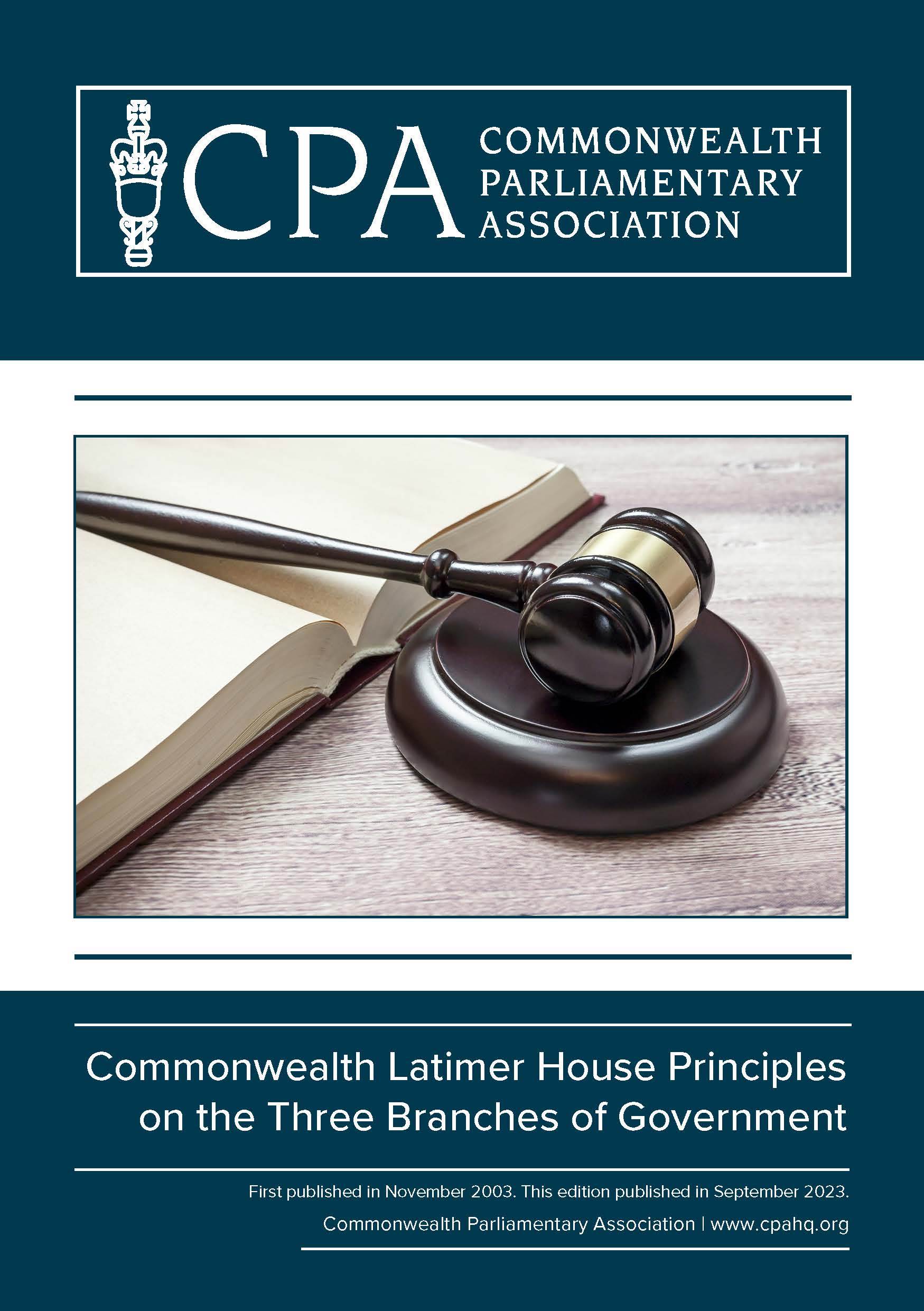
75th anniversary of the ‘modern’ Commonwealth
This blog series reflects on the historical and modern role of the Commonwealth Parliamentary Association as the 'modern' Commonwealth marks its 75th anniversary.
In 2024, we mark the 75th anniversary of the founding of the ‘modern’ Commonwealth.
The Commonwealth Parliamentary Association (CPA) has a membership of 17,000 Parliamentarians and almost 180 Parliaments and Legislatures, big and small, across all regions of the Commonwealth. The CPA’s unique position in representing national, state, provincial and territorial Legislatures means that our membership includes more than 125 sub-national states, provinces and territories in federal-style countries, fourteen Overseas Territories and three Crown Dependencies, all with their own Parliaments or Legislatures.
Founded in 1911, the CPA traces its origin to a world vastly different from today and pre-dates the ‘modern’ Commonwealth by 38 years, which was founded officially at government level in 1949 by the London Declaration.
In this CPA blog series:
- Reflecting on the 75th anniversary of the ‘modern’ Commonwealth – Views from Speakers, Members and Youth Parliamentarians around the Commonwealth.
- 'Parliaments and democracy in an evolving Commonwealth' - the CPA Secretary-General reflects on the 75th anniversary of the ‘modern’ Commonwealth.
- Commonwealth at 75: A historical perspective of the establishment of the ‘modern’ Commonwealth Parliamentary Association in 1948-50. This blog also looks at the growth of the Commonwealth Parliamentary Association over the last 75 years.
Published 22 April 2024

Reflecting on the 75th anniversary of the ‘modern’ Commonwealth

This blog article hears from Speakers, Members and Youth Parliamentarians from Pakistan, Australia, Isle of Man, Canada, Trinidad and Tobago, Barbados, Tanzania, India, New Zealand and Malaysia as they reflect on the 75th anniversary of the ‘modern’ Commonwealth and what it means to them.
Read the article ->
'Parliaments and democracy in an evolving Commonwealth'

This blog article by the CPA Secretary-General, Stephen Twigg looks at Parliaments and democracy in an evolving Commonwealth as we mark the 75th anniversary of the ‘modern’ Commonwealth.
Read the article ->
Commonwealth at 75: A historical perspective

This blog article by Research Intern, Maddie Rafferty brings together a historical perspective of the establishment of the ‘modern’ Commonwealth Parliamentary Association in 1948-50 and the events at the time. This blog also looks at the growth of the Commonwealth Parliamentary Association over the last 75 years.




